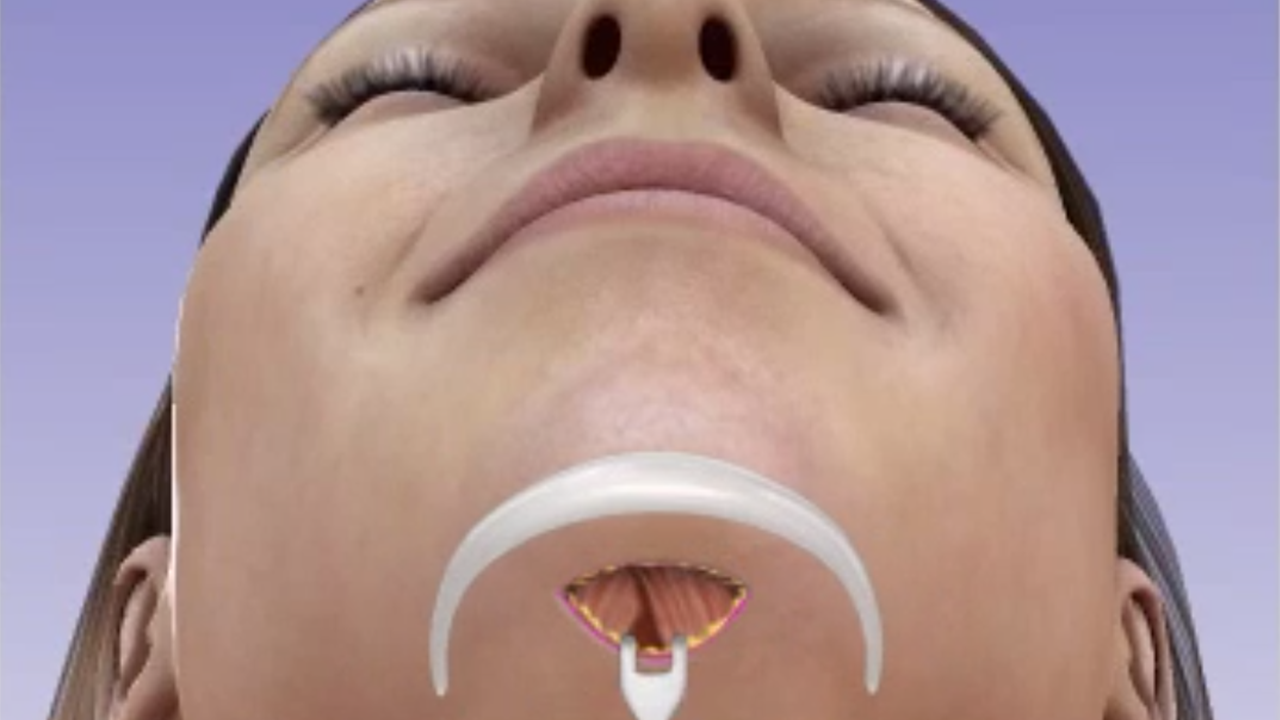Are you looking for a way to enhance your lower face, profile, and jawline? A chin implant may be the solution you’ve been searching for. Chin implants are a popular cosmetic procedure that can help give your chin a more balanced and defined look.
Whether you have a small or receding chin, this procedure can help to give your face more structure and contour. Chin implant surgery, also known as chin augmentation or enhancement, is a procedure that is performed by a plastic surgeon or an oral and maxillofacial surgeon.
It involves making a small incision in the skin and inserting the implant, before molding it to the chin bone to achieve a natural, balanced look. This surgery can be used for both cosmetic and reconstructive purposes.
For those who have a weak chin or feel that it isn’t in proportion to the rest of their face, a chin implant can help to balance out their features and give them a more symmetrical look. The surgery itself is relatively straightforward and the recovery time is usually quite short.
After the implant is inserted, the surgeon will close the incision with sutures. Over the next few weeks, the area will heal and the implant will settle into place, giving you the desired look. Chin implants are a great way to enhance the look of your lower face, profile and jawline.
If you’ve been considering this procedure, it’s important to consult a qualified plastic surgeon or maxillofacial surgeon to ensure that you get the best results. With the right surgeon and care, you can look forward to a more balanced and defined face.
Preparing for Chin Implant Surgery
Preparing for chin implant surgery is an important step to ensure a successful outcome. Your healthcare provider will give you instructions on how to prepare, and it’s important that you follow them closely. Here’s what you can expect:
Lab Tests and Physical Exam
Your healthcare provider may order lab tests and a physical exam to make sure you’re in good health before undergoing chin implant surgery.
Quit Smoking
If you smoke, your healthcare provider will likely ask you to quit smoking several weeks before the procedure. This is to reduce the risk of complications during and after the surgery.
Medication Adjustments
Your healthcare provider may ask you to stop taking certain medications before chin implant surgery. Let them know about any medications you take, including aspirin, anti-inflammatory drugs or herbal supplements. They may also ask you to start taking antibiotics before surgery to reduce the risk of infection.
Before Photos
Your healthcare provider might take photographs of your chin and side profile before surgery. Photos help your surgeon plan your procedure and compare before and after results.
Following your healthcare provider’s instructions is essential to ensure a successful outcome and reduce the risk of postoperative complications. Your healthcare provider can also answer any questions you may have about the procedure.
What to Expect After a Chin Implant
If you’ve recently had a chin implant, it’s important to take it easy for a few weeks while your body adjusts and recovers. You can still engage in light activities, but you should avoid strenuous activity or heavy lifting. Bending over should also be avoided.
You may notice some swelling and bruising in the area where the implant was inserted. This is normal and should subside after a week or two. You should always talk to your healthcare provider if you have any questions or concerns about the best way to care for your incision.
A soft food diet is usually recommended for a few weeks after a chin implant. This will help to reduce the strain on your chin and give it time to heal. Rinsing your mouth with salt water or a prescription dental rinse before and after meals can also help to keep your incision clean and reduce the risk of infection.

